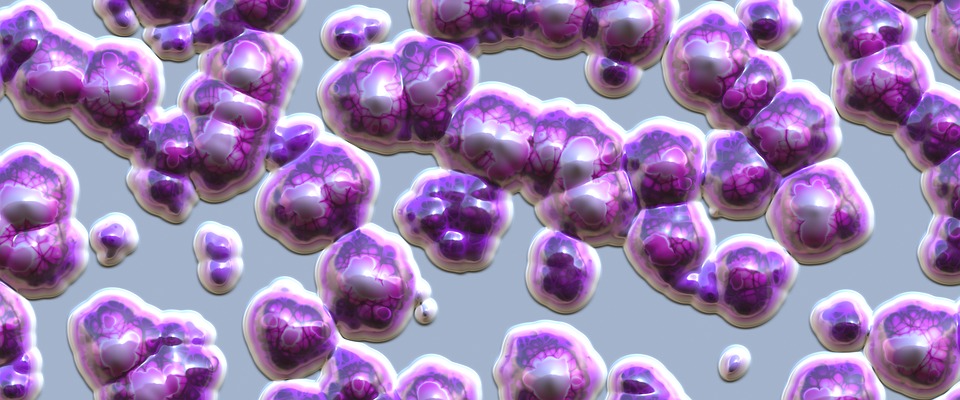Dentist in 39503

Your mouth contains hundreds of bacteria. Before you reach for the toothbrush and mouthwash, understand that not all bacteria are bad. Here’s what you need to know about the bacteria that makes its home in your mouth.
Bacteria Basics
More than 700 different oral bacteria species have been detected. Most people usually have less than 10% of these different strains in their mouth at one time. Different strains have different purposes. Bacteria that are harmless and help digest food are known as probiotics. Other types of bacteria help keep your teeth and gums healthy. The troublemakers are those that contribute to decay and periodontal disease.
The Dangers of Bacteria
Bacteria constantly grow and multiply in your mouth. According to Registered Dental Hygienist Magazine, certain bacteria species can double their population in 20 minutes if conditions are right. They feed on starches and sugars that are the byproduct of the food and drinks you consume throughout the day. Certain bacteria types produce an acid while they feed. This acid erodes your tooth enamel, leaving your teeth susceptible to decay.
Maintain a Healthy Mouth
The best way to manage the bacteria in your mouth is to maintain excellent oral hygiene. Brushing at least twice each day for two full minutes and flossing regularly is the best way to keep bacteria in check. You may want to consider an antibacterial mouthwash. Another key element to maintaining optimal oral health is sticking to a healthy diet. By avoiding or cutting back on foods and drinks that contain high amounts of sugars, acids, and starches, you can reduce the multiplication of bacteria that feed on these byproducts.
Not all bacteria are out to harm your teeth. Bacteria can be incredibly helpful in maintaining your overall heath. To help protect your mouth and teeth against the bad bacteria strains, keep following your oral hygiene routine. During your next visit to our office, we will provide a thorough cleaning and check for decay. We will also screen for any signs of other oral diseases.
For more information on keeping your mouth healthy, please contact our team.
15382-A St. Charles St. Gulfport, MS 39503
Resources:



 Periodontal disease and Rheumatoid Arthritis (RA) share a complex relationship with one another. Both of these chronic conditions cause increased inflammation in the body. Both can lead to serious damage, especially if a patient does not seek prompt, effective treatment. However, the connection between these potentially destructive illnesses does not end with similarity of symptoms. If you have either periodontal disease or RA, you may benefit from learning more about the links between the two.
Periodontal disease and Rheumatoid Arthritis (RA) share a complex relationship with one another. Both of these chronic conditions cause increased inflammation in the body. Both can lead to serious damage, especially if a patient does not seek prompt, effective treatment. However, the connection between these potentially destructive illnesses does not end with similarity of symptoms. If you have either periodontal disease or RA, you may benefit from learning more about the links between the two. Nearly everyone has at least one habit that they wish they could break. Did you know that some of them can affect your oral health? Here are a few common habits and tips for how to break them.
Nearly everyone has at least one habit that they wish they could break. Did you know that some of them can affect your oral health? Here are a few common habits and tips for how to break them. Probiotics are typically advertised as being helpful for digestion. However, studies have shown that they can also improve oral health. Probiotics are beneficial for fighting infections that lead to oral disease.
Probiotics are typically advertised as being helpful for digestion. However, studies have shown that they can also improve oral health. Probiotics are beneficial for fighting infections that lead to oral disease. Calcium is an important mineral for building strong, healthy teeth, but not everyone can tolerate the lactose found in dairy. Lactose is a sugar found in milk and other dairy products. About 65% of people have reduced ability to process lactose past infancy.
Calcium is an important mineral for building strong, healthy teeth, but not everyone can tolerate the lactose found in dairy. Lactose is a sugar found in milk and other dairy products. About 65% of people have reduced ability to process lactose past infancy.

